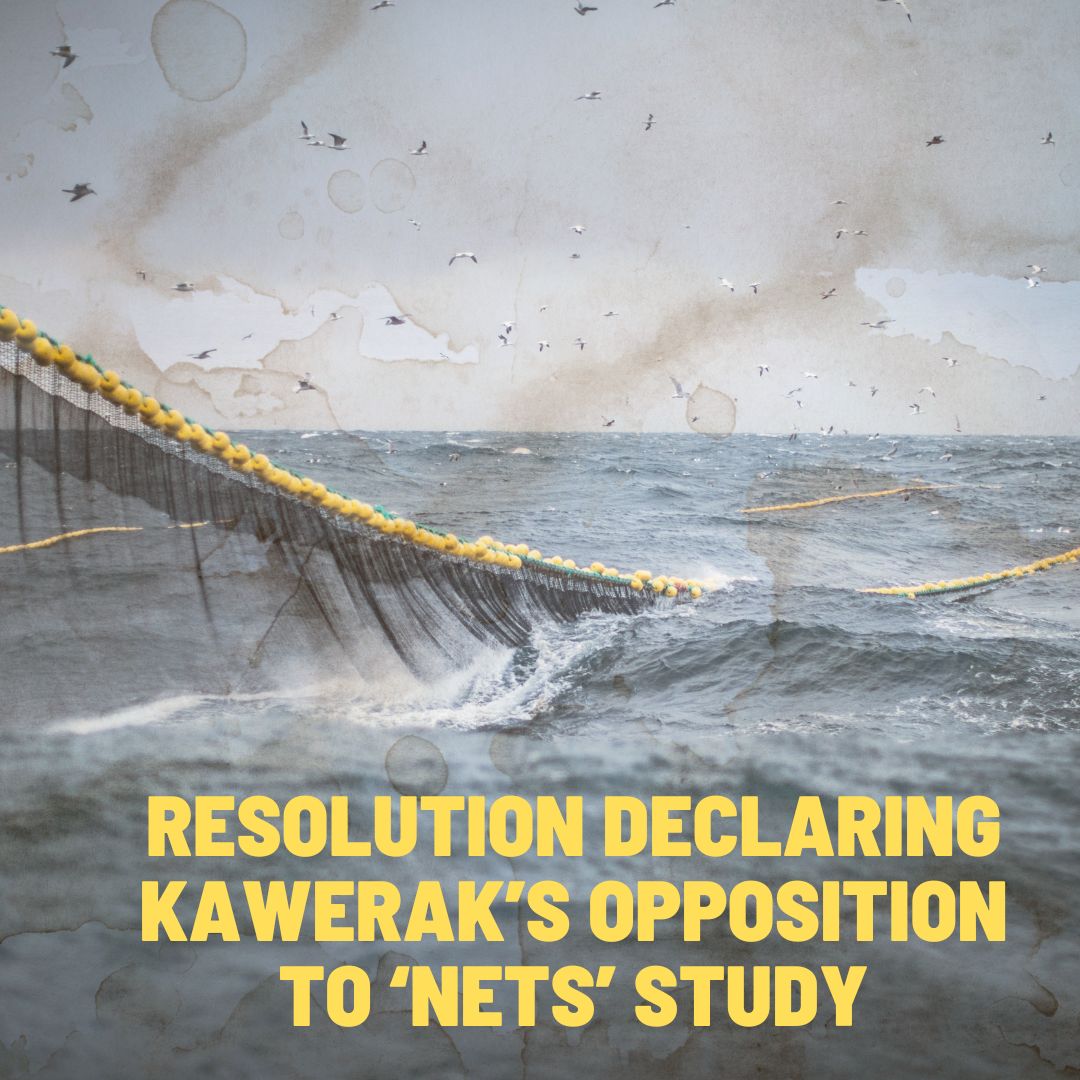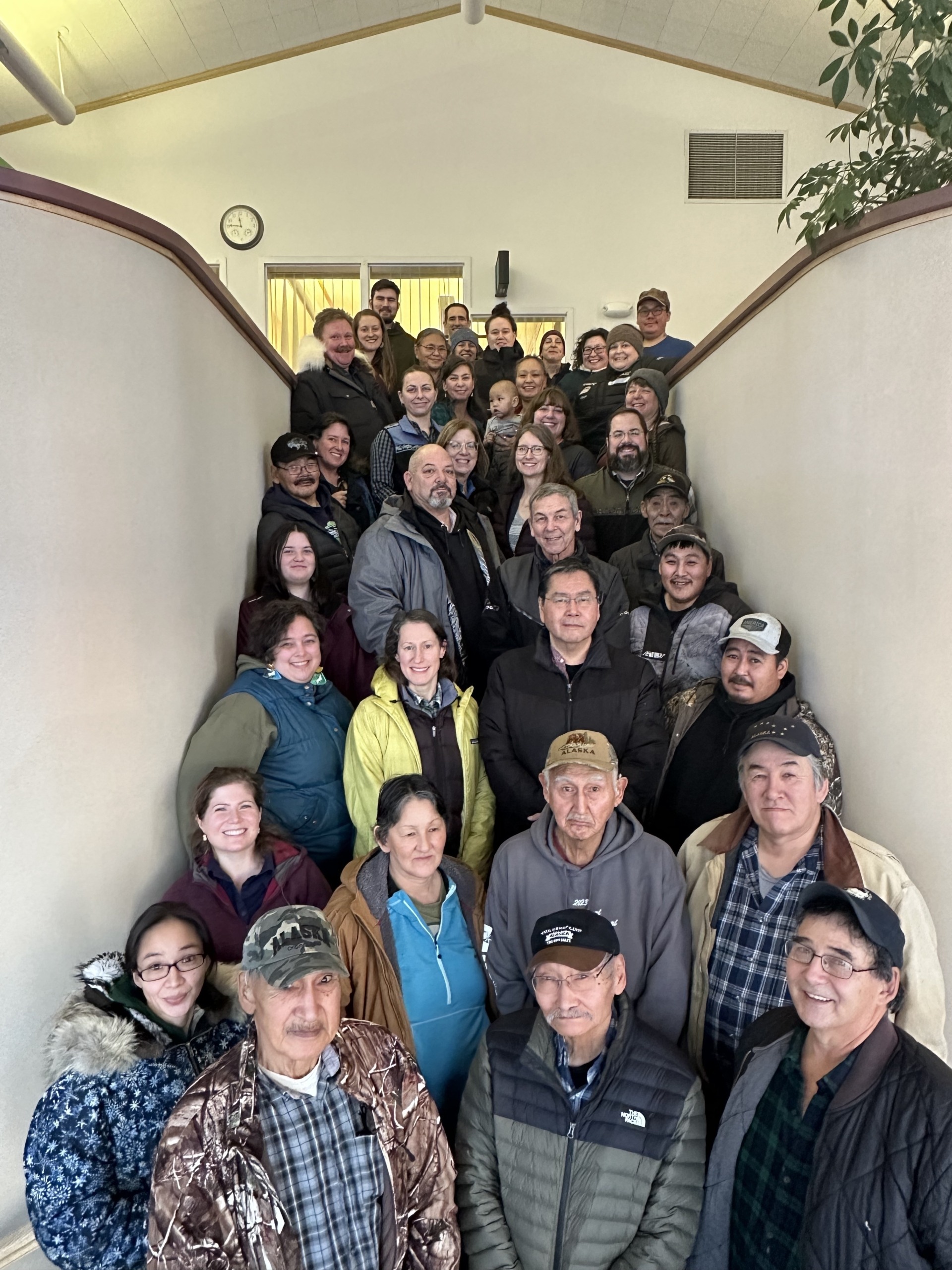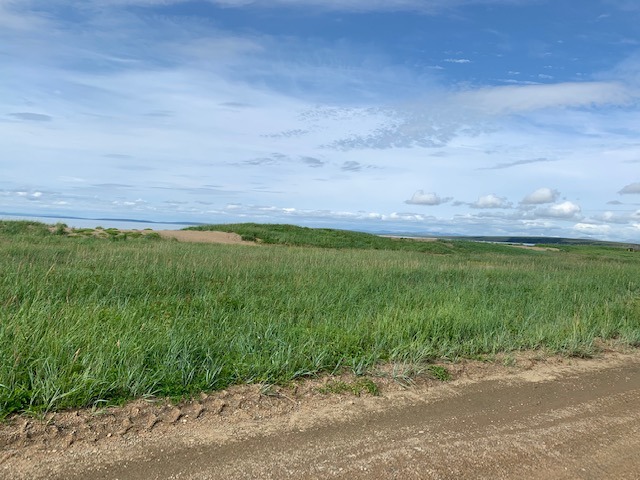Commercial fishing vessels, bulk oil storage facilities and ports in the Bering Strait and across Alaska will be inspected this summer by the Marine Safety Task Force in order to ensure safety regulations are met. The task force will work closely with facility owners and operators to achieve compliance based on the results of inspections. Engagement with stakeholders and local communities may include boater safety and geographic response strategies for oil spill booming and skimming testing programs.
The Marine Safety Task Force (MSTF) is comprised of multi-mission teams from Coast Guard Sector Anchorage. They scheduled the Bering Strait inspections July 3 to July 29, and cover the communities of Nome, Brevig Mission, Deering, Diomede, Elim, Golovin, Kaltag, Koyuk, Savoonga, Shishmaref, Teller, Wales, and White Mountain.
BACKGROUND PROVIDED BY UNITED STATES COAST GUARD
Western Alaska bulk oil facilities are challenging to inspect on a routine basis due to their remote location in a large area of responsibility with limited Coast Guard and Alaska Department of Environmental Conservation (ADEC) staff. This results in numerous overdue deficiencies and increased safety risks and occurrences of oil spills as the infrastructure ages in the harsh Alaskan environment.
The primary goal of facility inspections is to ensure public safety and protection of our marine environment throughout Alaska. Repairs are expensive and failure of these facilities could negatively impact remote Alaskan villages and potentially leave them unable to heat their homes and schools, operate their vehicles, and continue their way of life. Additionally, an oil spill in Alaska has the potential to impact the largest salmon fishery in the United States. Remote pollution incidents require significantly higher levels of resources to clean up. For example, a 3,000 gallon heavy fuel oil spill in a remote part of Kodiak, AK cost $9 million to clean up – the highest cost per gallon spill in history.
Anyone witnessing an oil spill should immediately contact the National Response Center at 800-424-8802.
For more information, contact Charlene Saclamana, Emergency Preparedness Specialist, 443-4337.





